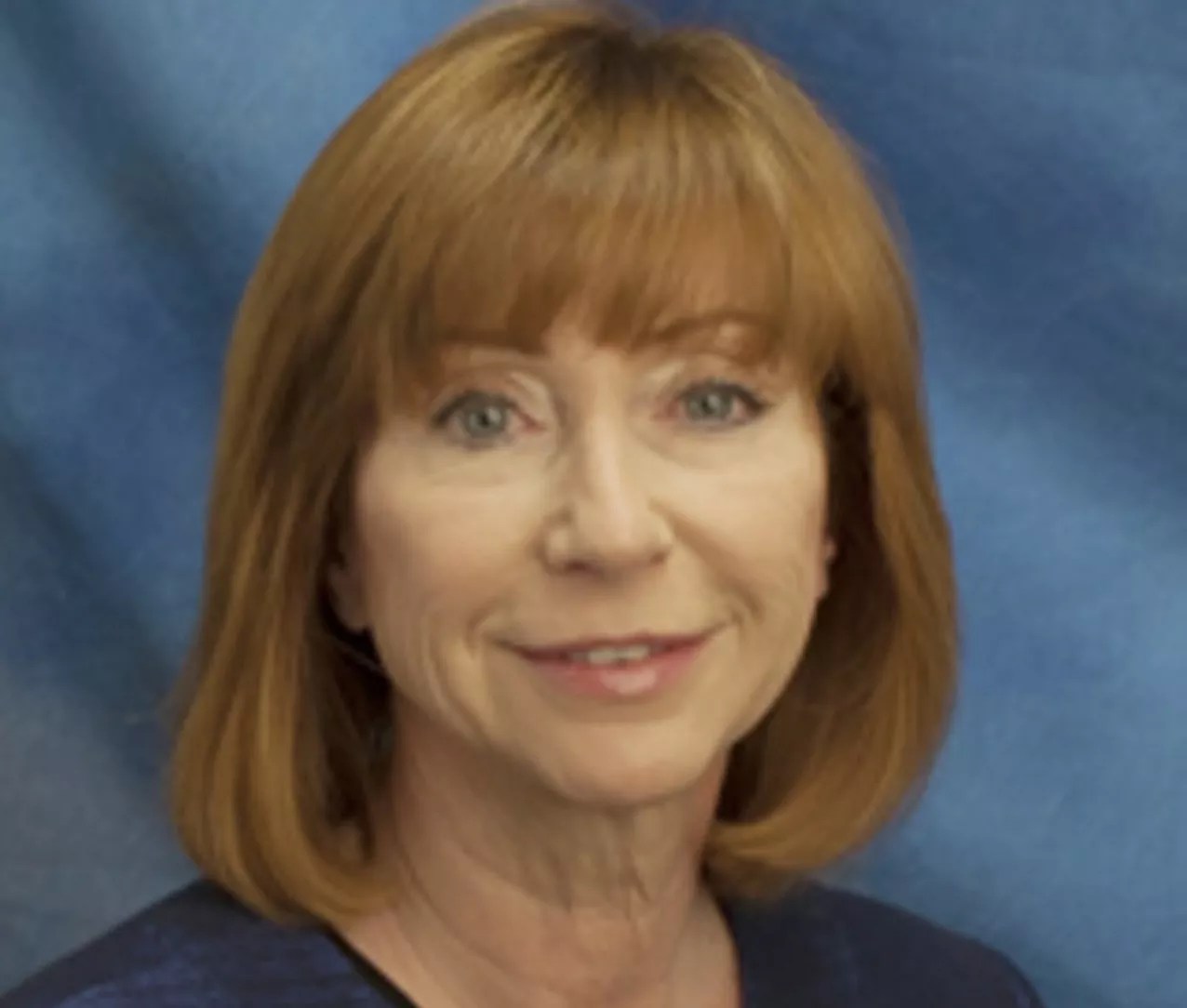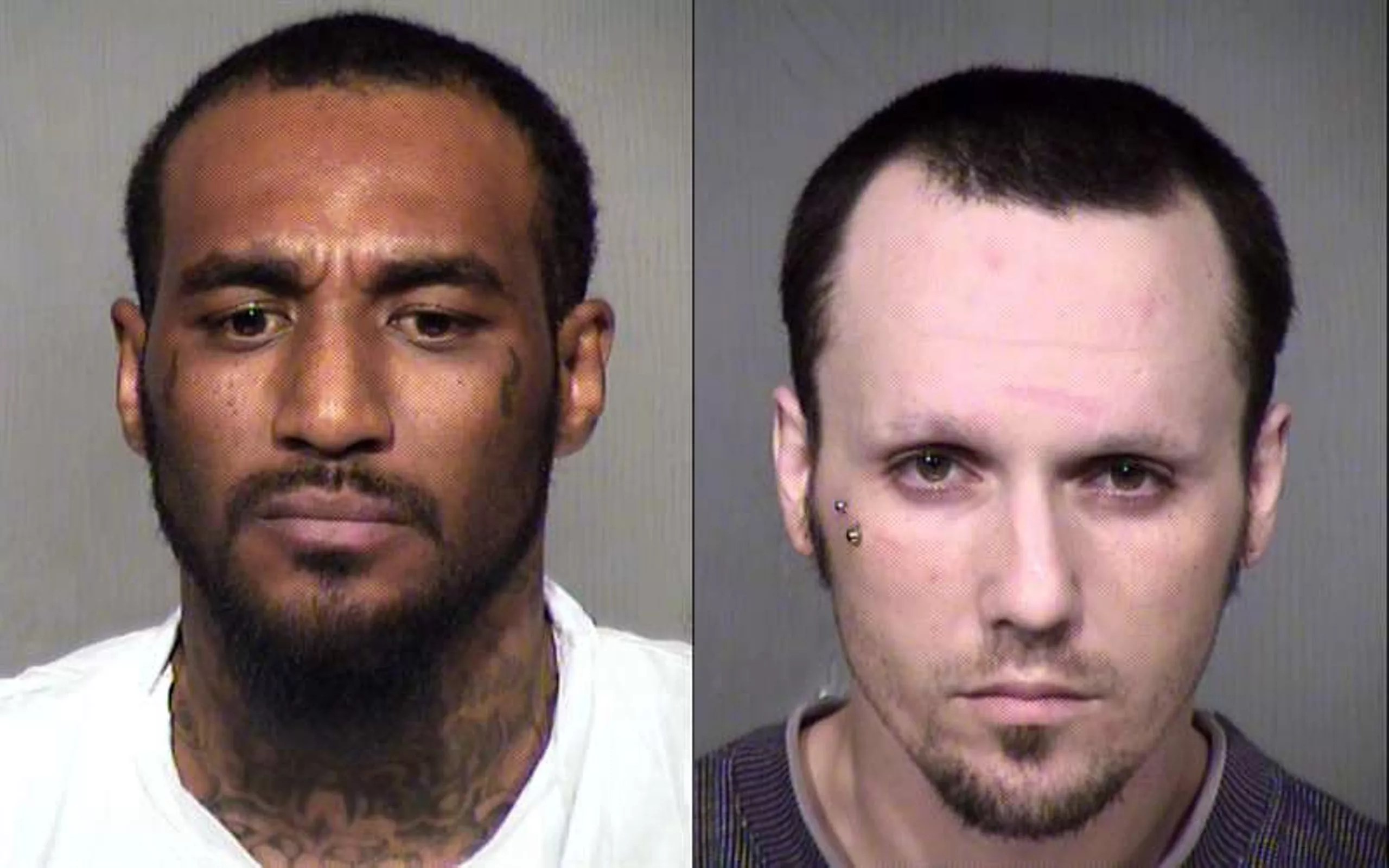
City of Phoenix

Audio By Carbonatix

Getty Images
Phoenix’s top city prosecutor has quietly left office amid a domestic violence crisis that has left at least three young women dead.
Vicki Hill has worked in the city prosecutor’s office for 24 years and has been at the helm since 2016. She has now retired, to be replaced by interim chief Esteban Gomez, a veteran in the office, city spokeswoman Julie Watters confirms.

Vicki Hill retires
City of Phoenix
On Hill’s watch, as Phoenix New Times has revealed in a series of reports, at least three different misdemeanor domestic violence defendants have graduated to murder charges in less than two years — at least two of them
after Hill’s staff unilaterally dismissed domestic violence charges in apparent violation of the office’s rules. It’s an office that’s been in free-fall, in a state that is one of the worst in the nation for domestic violence.
Dead are:
• Twenty-nine-year-old Chelsee Dennis, whose boyfriend, Dwight Miles, was accused of shooting her in the head in front of her daughter in April, barely two weeks after he was arrested for assaulting her.
• Fifteen-year-old Reyna Estrada, whose brother, Ignacio, is charged with shooting her to death in 2017 amid a schizophrenic breakdown.
• Twenty-one-year-old Taylorlyn Nelson, whose boyfriend, Kodi Bowe, has been pleaded guilty to her murder and dismemberment..
All three men had been defendants in Phoenix’s misdemeanor court. In the Dennis and Nelson homicides, Phoenix prosecutors had unilaterally dropped charges and dismissed the cases — apparently in contravention of their own office’s rules.
Watters, a former television personality, says that Hill’s retirement has been planned since last spring but didn’t respond to multiple requests for documentation proving that claim. City officials have privately promised victims’ advocates that they will embark on a national search for a new top prosecutor once the city’s elections are over. Neither of the final two candidates for the mayor’s office — Kate Gallego and Daniel Valenzuela — have responded to requests for comment.
Few advocates mourn Hill’s dismissal. But some, including Allie Bones, executive director of the nonprofit Arizona Coalition to End Sexual and Domestic Violence, are convinced that Phoenix — and the state — are in the midst of a structural crisis that mere personnel changes can’t address.
“Overall, we have concerns about how the city of Phoenix is handling everything from arrest to prosecutions,” she told New Times. “We’re hopeful that they’re willing to sit down with us. I can’t say that any one part of the system is working that great.”
Arizona is the third-worst state in the union for domestic violence, behind only Kentucky and Nevada, according to federal statistics. It’s the eighth-worst state in the nation for female homicides.
Sources familiar with the Phoenix prosecutors’ office say that Hill’s problems started early in her tenure, when she chose longtime friend Diana Hinz as her top deputy. Passed over was veteran prosecutor Will Gonzalez, who had organized the office’s first specialized domestic violence prosecution units. Gonzalez left to become executive director of Phoenix’s court system. Meanwhile, the domestic violence teams withered, the sources said.
Neither Hinz nor Hill have responded to requests for comments.

Dwight Miles and Kodi Bowe are both accused of murdering their girlfriends after prosecutors reduced or dropped domestic violence charges.
Maricopa County Sheriff’s Office
For the countless Arizona families trapped in the cycle of domestic violence, state and local governments are at best indifferent and at worst an obstacle to safer and healthier lives. Victims and their advocates say that they have to move heaven and earth to get any attention to mounting threats — and even then often don’t get any help until it’s too late.
As insidious as domestic violence can be, decades of study have shown that it can be detected. Arizona law, in fact, requires that all criminal defendants undergo an evaluation for domestic violence regardless of the case they’re charged with. Many of the questions revolve around controlling behavior, an indicator of an abusive personality.
But it has to begin with authorities taking it seriously. And it remains an open question about whether local and state officials are up to the task: Maricopa County is still reeling from the carnage wrought by spree killer Dwight Lamont Jones, who spent years biding his time from a bitter divorce before killing six others and then ultimately killed himself.
Reyna Estrada’s death might serve as a case study of the structural problems facing Arizonans. Her older brother, Ignacio, had been a bright, loving boy whose family called him “Nacho.” He was a fan of the Boston Red Sox and doted on his kid sister, Reyna, whom he called his “Little Sugar,” his mother, Sonia Ramirez, told New Times.
But shortly after his beloved grandmother died, in February, 2015, Ignacio began hearing voices. He talked to himself in rambling mumbles, would burst out giggling at odd moments, and occasionally hit himself. He began taking drugs to self-medicate. His behavior grew increasingly erratic and violent and Ramirez said she begged city officials for help.
In May, 2017, he punched a hole in the family’s wall and broke the family’s television. He was arrested and then released.
In June, 2017, Ignacio threw a Gatorade bottle at his mother’s head. It was his second arrest of the summer, Ramirez said.
“I told the cops, ‘He needs a psych evaluation. He needs something. He needs help,’” Ramirez said. “I was just wishing somebody could do something. But the next day, he was released.”
Ignacio skipped his court hearings and a judge issued bench warrants for his arrest. But no one came to the house to check on him, Ramirez says. In July, 2017, Ignacio got his hands on a firearm and began firing randomly around his room. A round passed through the wall and struck Reyna in the torso. She died on her floor.
Having ignored Ignacio’s deepening crisis, the state is now paying plenty of attention to him. He’s locked away under constant guard while he waits for trial on murder chargers. He can get therapy and even medicines, as long as he’s willing to ask for them.
“I don’t know,” Ramirez said, “maybe if someone would’ve just listened to me…”
She trails off and is quiet for a while. “I should’ve done more, too,” she said. “I failed. I failed both of them.”
Bill Myers is a freelance reporter. Email him at myers101@outlook.com. He tweets from @billcaphill.